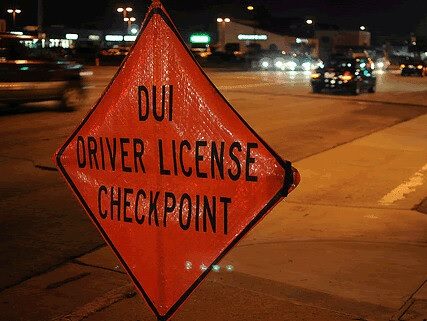Investigating Your Case
The defense attorney (private or court-appointed) commences an investigation into your case during the initial meeting. He or she will try to gather as much information about your case as possible. The attorney will ask you pointed questions regarding your case to help determine what legal options and defenses may be available to you.
The defense attorney will obtain the police report and determine the methods used to gather evidence and information for the case. Your attorney may also interview witnesses to the event to gather more information about your case.
If your case involves an expert witness, your attorney may question that witness regarding the testimony he or she may present. The attorney uses all these details to prepare a strong defense strategy for your case.
The law allows the defense attorney to examine the prosecution’s case before it gets to the Jury. This law provides an avenue for the attorney to look for any proof that may help discredit the prosecution’s case. The attorney may, for instance, have the evidence in your case tested by an independent lab.
Guiding You Through the Legal System
A defense attorney who has handled criminal cases that are similar to yours can help you navigate your case through the criminal judicial system. The attorney will understand and follow the written rules and regulations, including the local court rules. An experienced attorney is also familiar with various “unwritten rules” specific to your jurisdiction.
In some jurisdictions, for instance, prosecutors may be unwilling to negotiate plea bargains with defendants who represent themselves.
A defense attorney who is familiar with Minnesota laws and procedures can also find information about previous court decisions that may impact the outcome of your case. The attorney can, for instance, leverage his or her understanding of the Fourth Amendment of the U.S. Constitution to determine whether your arrest was legal.
Negotiating with the Prosecution
A defense attorney may negotiate a plea bargain with the prosecutor on your behalf. Most criminal cases in Minnesota are resolved through plea bargains before the cases ever reach trial. In a plea bargain, you would plead guilty, usually to lesser charges, in exchange for more lenient sentencing or to have related charges dismisses. A plea bargain can mean the difference between sentencing for misdemeanor vs. felony offenses. It can result in a sentence reduction or the elimination of some of the charges you were facing.
Presenting Your Defense in Court
If a plea deal is not possible, your case will proceed to trial. If that happens, your attorney will present your account of what transpired before the judge and jury and cross-examine the state’s witnesses to convince the jury that the burden of proof has not been met. Your attorney will need to present various types of evidence and convincing arguments to increase the chances of obtaining a not guilty verdict from the judge or jury. He or she may use expert testimony to back up your claims. Your lawyer may also file motions to suppress illegally-obtained evidence, file a motion to change venues, or even get your charges dismissed.
Appeals
If you are found guilty of the charges, you have the right to appeal your conviction or sentence. Your attorney can request an appellate court to evaluate your conviction. The appellate court will establish whether any involved parties made a mistake during the trial. These parties include your trial attorney, the trial judge, and the jury.
Appellate courts require criminal appeals to follow specific procedures and regulations. You must follow specific guidelines when serving documents. You must also meet specific deadlines when lodging your notice of appeal, requesting records from your trial, and submitting appellate briefs.
Your criminal defense attorney will guide you in filing an appeal that follows the established procedures and timelines. The attorney will ensure you have filed the correct documents at the right time.
